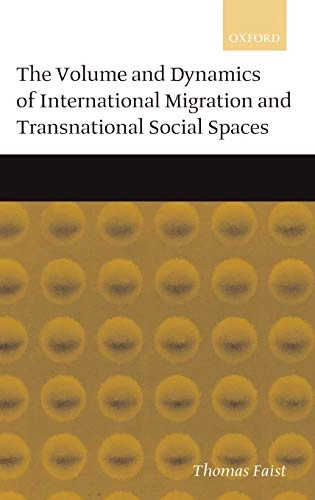

The volume and dynamics of international migration and transnational social spaces
- Utgiven: 2000
- ISBN: 9780198293910
- Sidor: 396 st
- Förlag: Oxford University Press
- Format: Inbunden
- Språk: Engelska
Om boken
Åtkomstkoder och digitalt tilläggsmaterial garanteras inte med begagnade böcker
Mer om The volume and dynamics of international migration and transnational social spaces (2000)
2000 släpptes boken The volume and dynamics of international migration and transnational social spaces skriven av Thomas Faist. Den är skriven på engelska och består av 396 sidor. Förlaget bakom boken är Oxford University Press.
Köp boken The volume and dynamics of international migration and transnational social spaces på Studentapan och spara pengar.
Referera till The volume and dynamics of international migration and transnational social spaces
Harvard
Oxford
APA
Vancouver



















